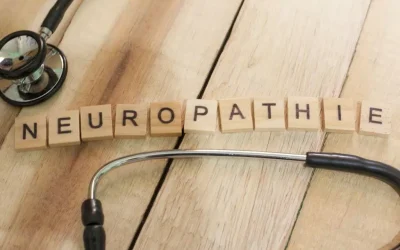Content
Participants will examine the food item, smell it, taste it without chewing, slowly chew, slowly swallow, etc. In a group session, members can practice each of the techniques with a partner and reflect on areas of strength and weakness. These can be discussed in session and continually practiced in subsequent meetings. This effective communication worksheet teaches clients about effective communication techniques. Members of the group will each get an index card with a topic on it (any random topic will do). This fun activity allows members to open up, get creative, and express ideas and opinions about specific topics.

Group therapy can be used to explore and process a member’s triumphs, challenges, and relapses. Talking about these experiences in a group setting will not only benefit the client experiencing them, but also other members of the group who can learn from their experience. This can include learning to cope with uncomfortable emotions and situations. Additionally, this can promote an environment where group members feel comfortable asking for help when they find themselves struggling. For group members who are new to recovery, group sessions can provide valuable education about addiction and recovery.
Cognitive Behavioral Techniques for Group Sessions
You may also have fearful thoughts running through your mind, anxious about the future, and overwhelmed by the heaviness of your sadness…. When the song is over, play it once or twice more, and see what you notice in the replays. Mindful body scans are a great, simple practice for coming back into awareness of the body. They are typically performed while sitting or lying down and can be followed through a guided meditation or on your own. Many mindful body scans are available through guided meditation apps or online. The general format slowly gives awareness to different body parts, often starting with the head and moving down the body until you reach your feet.
The creative process allows patients to access repressed feelings and begin to understand the underlying sources of their addictions. If you or a loved one is interested in group activities for https://ecosoberhouse.com/ adults in recovery, we can help guide you! Our highly-trained therapeutic and clinical experts at Oasis Recovery offer a safe and comfortable space for clients to undergo addiction treatment.
The Power of Expressive Arts in Group Therapy
These outcomes include significantly reduced drug and alcohol misuse, decreased criminal activity, and improved overall social and psychological well-being. Group therapy can address this issue by focusing on communication skills. Topics include active group activities for adults with substance abuse listening, assertiveness, conflict resolution, and rebuilding trust. Improved communication can help individuals mend relationships damaged by addiction. Please note that Two Dreams utilizes process groups as opposed to theme/support groups.

Physical activities offer numerous benefits for individuals in substance abuse recovery. Regular exercise promotes physical well-being and supports mental and emotional health, helping individuals manage stress, improve self-esteem, and maintain sobriety. Mindfulness exercises, such as meditation and deep breathing, can help individuals develop present-moment awareness and improve their ability to cope with cravings and triggers. Group mindfulness sessions provide an opportunity for individuals to practice mindfulness together, share their experiences, and support each other in developing a mindful approach to recovery. Art therapy offers participants the opportunity to express themselves through various art forms, such as painting, drawing, and sculpting.
Group Therapy During Addiction Treatment
Group outdoor activities, such as hikes or nature walks, provide individuals with a shared experience and the opportunity to connect with the healing power of nature. Furthermore, music therapy can serve as a powerful tool for managing stress and anxiety. The soothing and calming effects of music can help individuals regulate their emotions and find inner peace. Individuals can develop healthier coping mechanisms and reduce the risk of relapse by engaging in musical activities. Resilience is the ability to bounce back from adversity, and it’s a vital trait for those in recovery.
The art therapist can also offer some general prompts, such as “Are there moments that inspire happiness? ” The conversation is designed to help the patient become aware of their own feelings and begin working through unresolved conflicts. One of the most used art therapy techniques for working with substance abuse patients is a five-part project called The First Step Series. This activity was developed to guide participants towards recognizing the need for change, and to help them feel empowered about making those changes. Patients are asked to create five art pieces that relate to their experience with substance abuse.